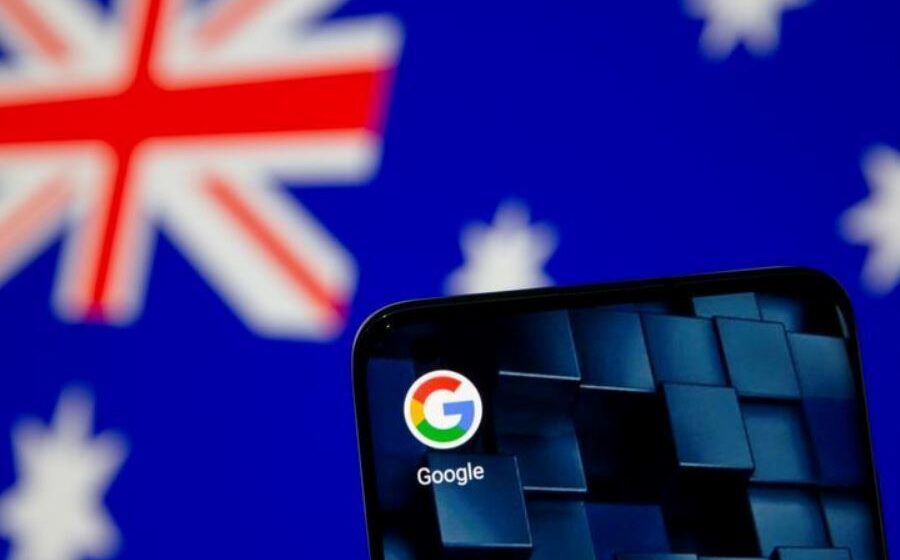Small businesses suspicious of click fraud are pursuing a legal battle against Google, against a backdrop of increasing concern by Australia’s consumer watchdog about Google’s dominance across the ad tech supply chain.
Mark Stanarevic, lawyer and advisor at Melbourne-based Matrix Legal, says he has been contacted by a number of small businesses that are worried Google is not doing enough to stop the use of fake clicks.
Click fraud, which occurs when advertisers are billed for invalid clicks, including clicks by competitors or bots that imitate genuine users, costs advertisers without bringing them potential sales.
“Some of these customers spent up to tens of thousands of dollars a month with Google and are concerned with the transparency of their platform and the algorithms being used,” Stanarevic tells SmartCompany.
It is estimated that Australian marketers lost $756 million last year due to invalid clicks on their paid search campaigns, according to a study by cyber security company CHEQ.
Led by Roberto Cavazos, a professor of economics at the University of Baltimore, CHEQ’s research found 18% — or nearly one-in-five — clicks on ads in Australia was invalid in 2020 due to competitor clicks or bots.
Stanarevic is closely watching a case that is playing out in the United States, where a federal appellate panel allowed the appeal of small business owner Gurminder Singh, who alleged Google’s AdWords misrepresented the effectiveness of its click-fraud detection system.
The decision, handed down by a panel of judges in the Ninth Circuit Court of Appeals in September last year, allowed the small business owner to proceed with a lawsuit that he brought against Google in 2016.
In that lawsuit, Singh alleged Google had violated California state laws on unfair competition and false advertising, after noticing his ads were being manipulated despite Google’s promise to protect consumers from fraudulent clicks.
“We will be keeping an eye on this case as it progresses to trial,” Stanarevic says.
“And [we] encourage any Australian businesses who feel they have been unfairly charged for invalid clicks from Google to reach out,” he adds.
A spokesperson of Google Australia told SmartCompany they were “unable to provide a statement on any potential legal action at this time”.
Google takes invalid activity very seriously and has an Ad Traffic Quality team, which works to stop all types of invalid traffic so advertisers don’t have to pay for it, the spokesperson said.
Google’s dominance across the ad tech supply chain recently came under fire by Australia’s consumer watchdog, with a new report warning a lack of transparency and competition could affect prices.
The interim report from the Australian Competition and Consumer Commission’s (ACCC) digital advertising services inquiry released last Thursday found Google’s leading position is due to its presence across the ad tech supply chain and its ad targeting capability.
The report states that Google’s acquisitions of digital advertising providers and services — including YouTube, DoubleClick, AdMob and AdMeld — contribute to its dominance.
A major concern among participants in the inquiry was about the fees charged by ad tech companies.
While there is some publicly available information on the average level of fees and the amounts shared by different players across the supply chain, the report says fees can vary drastically by size and metric.
The ACCC also found that Google’s leading position gives it an incentive to further bolster its position across the digital marketing space, giving rise to conflicts of interest.
“One key example is where an ad tech provider could be providing services to both advertisers and publishers for the same transaction,” the report says.
“The ACCC is concerned that the presence of conflicts of interest can result in poor outcomes for advertisers and publishers,” it said.
Google acknowledged the release of the interim report and said it had engaged constructively with the ACCC throughout the inquiry so far.
“Ad tech is a competitive market with low barriers to entry. There are many companies, large and small, working together and in competition with each other to power digital advertising across the web, each with different specialties and technologies,” Google said in a statement.
“Google is just one of these many players, and we’ve made it easier for others to choose who they want to work with.”
The ACCC will release the final report of its digital advertising services inquiry on August 31.



